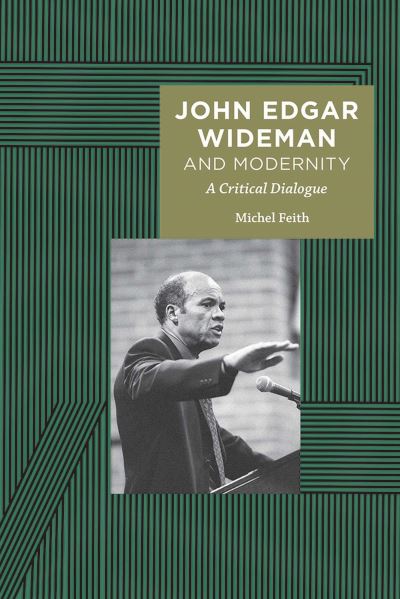
The career of writer John Edgar Wideman has been the sort of success story on which America prides itself. Coming from an inner-city African American neighborhood, he studied at the Universities of Pennsylvania and Oxford; published his first novel at age twenty-six; won two PEN/Faulkner Awards, as well as a MacArthur "genius grant"; and has held several top teaching posts. But profound tragedy has also marked his life: both his brother and son received life sentences for murder, and a nephew was killed at home after a bar fight. His life thus illustrates how the strictures of "race" temper American notions of freedom and opportunity.
Wideman's engagement with race and identity has been nuanced and complex, taking the form of what Michel Feith sees as a critical dialogue with modernity-a moment in history which gave birth not only to the Enlightenment but also to American slavery and the conundrum of "race." Feith argues that the key work in the Wideman oeuvre is The Cattle Killing (1996), his only "historical novel," whose threads include the 1793 yellow fever epidemic in Philadelphia, the 1856-57 Cattle Killing prophecy, which wreaked havoc among the Xhosa tribe of South Africa, and the contemporary situation of black ghettos in the United States. Unfolding within the early days of the American Republic, the novel offers a window through which all of Wideman's works and their central concerns-ghettoization, imprisonment, familial relationships, emancipation, and the diasporic sense of history-can be understood.
With clarity and theoretical sophistication, Feith offers provocative new readings of Wideman's texts, from the "Homewood" books based on his youth in Pittsburgh to his haunting memoir Brothers and Keepers. In the "postmodern" era, Feith suggests, critics of modernity are not in short supply, but few have the depth, rigor, and thoughtfulness of John Edgar Wideman.
| ISBN: | 9781621904335 |
| Publication date: | 28th February 2019 |
| Author: | Michel Feith |
| Publisher: | The University of Tennessee Press |
| Format: | Hardback |
| Pagination: | 288 pages |
| Genres: |
Literary studies: general Literary companions, book reviews and guides Literary studies: fiction, novelists and prose writers |